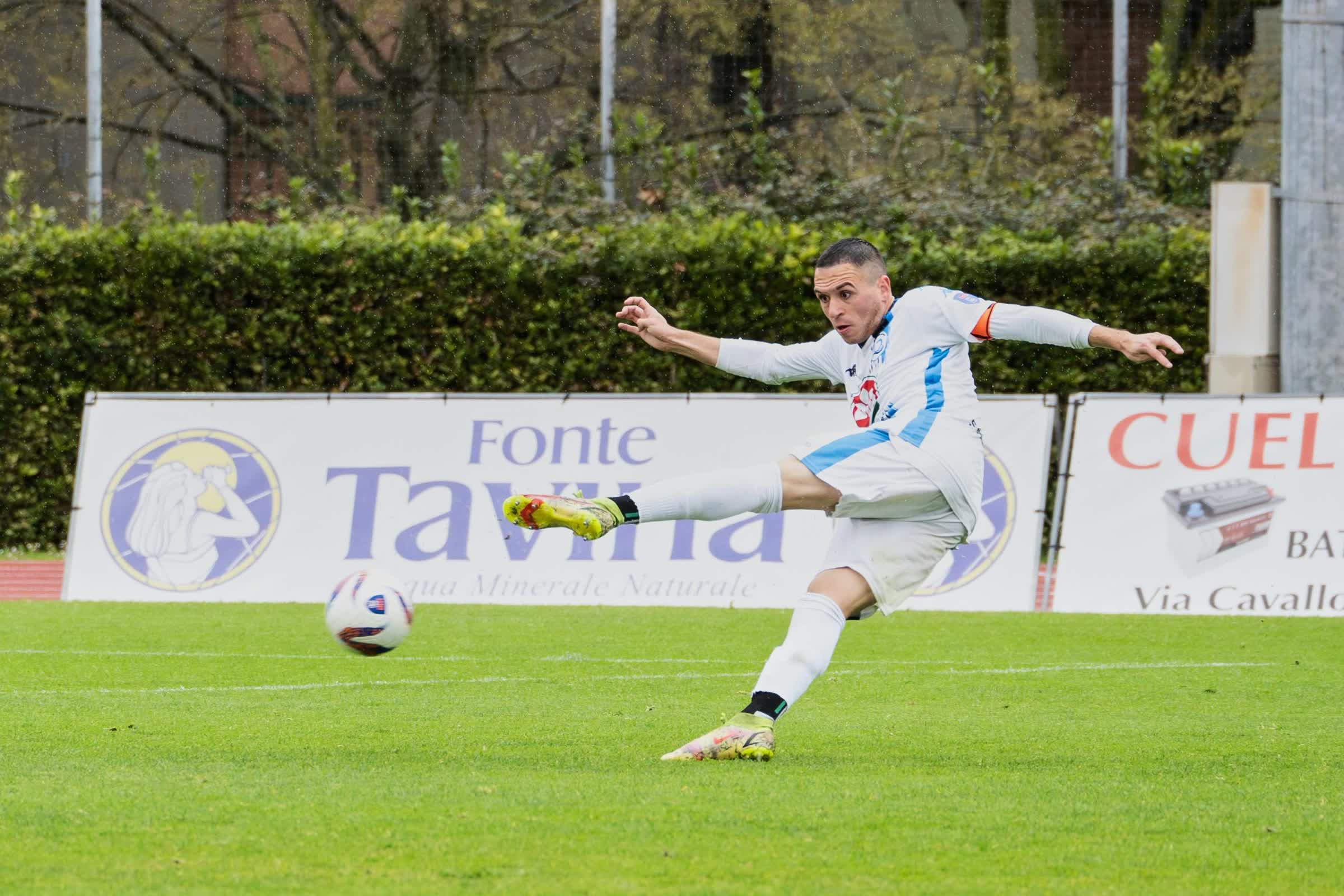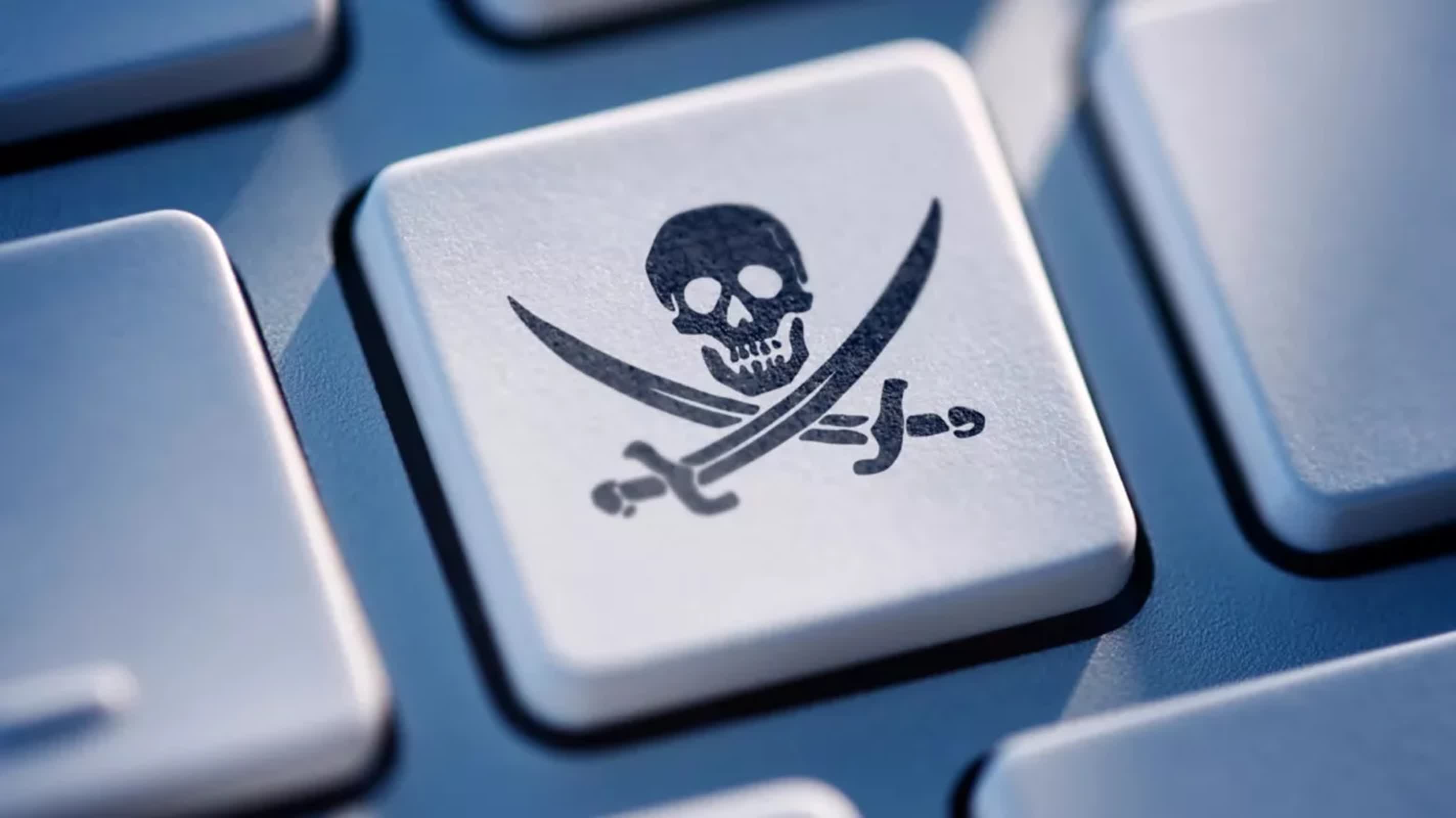Editor's take: Whether these fines will persuade the public to switch to legal streaming services remains to be seen. For now, Italian authorities have made clear that they are prepared to pursue not only the suppliers but also the consumers of pirated content, marking a new chapter in the fight against digital piracy.
In a significant escalation of its campaign against illegal streaming, Italy has begun issuing fines to thousands of individuals who subscribed to pirate IPTV services. This move follows a recent memorandum of understanding among the Prosecutor's Office, the Guardia di Finanza (a military police force in Italy), and the country's communications regulator AGCOM, which established a framework for sharing information on users of unauthorized streaming platforms.
While the precise origin of the subscriber data remains undisclosed, it is believed to have been gathered during frequent law enforcement raids targeting illicit IPTV operations. These raids have yielded databases containing emails and other identifying information, enabling authorities to target end-users directly for the first time.
The crackdown is rooted in Law 93/2023, anti-piracy legislation passed last year that allows for fines of up to €5,000 ($5,581) for repeat offenders. The law also introduced the Piracy Shield, a system enabling rapid ISP blocking of unauthorized streams.

After the legislation passed, authorities wasted no time making it clear that the era of impunity for IPTV pirates was over. That warning has now materialized into action. At a recent press conference, the Guardia di Finanza revealed that 2,282 individuals across Italy have been fined for their involvement with pirate IPTV services. Initial penalties start at €154 ($172), but officials have stressed that repeat violations could dramatically increase fines, reaching the €5,000 maximum.
This marks the first time the new law has been enforced against consumers, not just the operators of illegal services. The current wave of fines is reportedly linked to an operation in Lecce last October, where a major IPTV network was dismantled and subscriber information seized.
Authorities have indicated that this is only the beginning, with ongoing investigations in several regions aimed at identifying further offenders. Three additional prosecutors' offices have already launched their inquiries, signaling a sustained national effort.

The crackdown is part of a broader strategy to combat digital piracy in Italy, particularly the illegal streaming of football (soccer) matches – a major concern for the country's lucrative sports industry. The financial stakes are high. Luigi De Siervo, CEO of Serie A, has repeatedly emphasized the severe impact of piracy on Italian football, estimating losses of around €1 billion ($1.1 billion) every year due to unauthorized streaming.
These losses threaten the financial stability of clubs and the entire football ecosystem, as television rights constitute a vital revenue stream. Paolo Scaroni, president of AC Milan, has highlighted the importance of enforcing existing laws, arguing that providers and consumers of pirated content must face consequences if the industry is to recover from the damage inflicted by piracy.
Political support for the crackdown is strong, particularly from Senator Claudio Lotito, the architect of the anti-piracy law and owner of Lazio football club. Lotito has stated unequivocally that those who break the law will now face real and personal repercussions, declaring that the time for leniency is over. Inter Milan president Beppe Marotta echoed this sentiment, likening the new enforcement regime to a shift from a yellow card to a red card in soccer.
